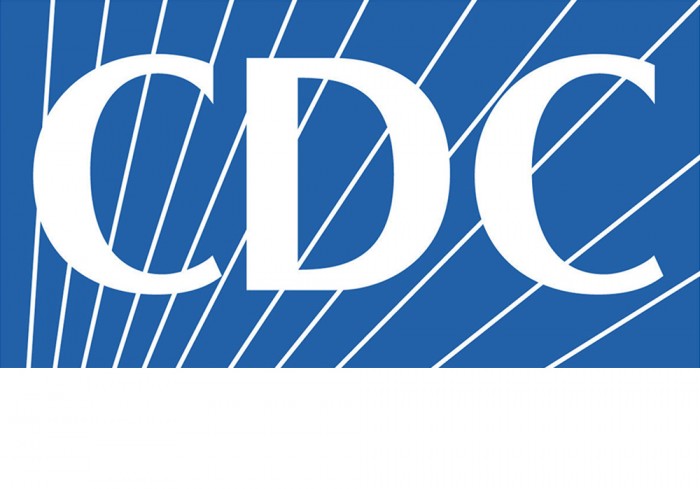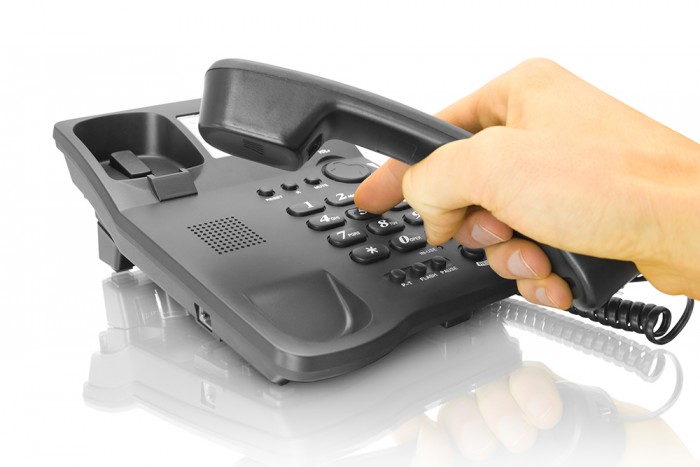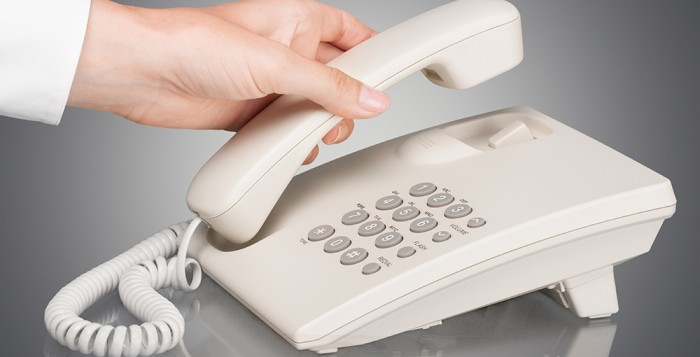Melissa Dehoff
CMS’ “Office Hours” on COVID-19 Planned for April 9
CDC To Provide Additional Funding Toward COVID-19 Outbreak
The Centers for Disease Control and Prevention (CDC) has announced they will be awarding $186 million in supplemental funding to go towards the COVID-19 outbreak. The focus of this funding is for regions that have a high number of COVID-19 cases. Some examples of how this funding can be used include: staffing and surge staffing; lab equipment; and infection control.
CMS Special Open-Door Forum to Focus on Telehealth in Medicare During COVID-19
CMS COVID-19 Call Today
FCC Makes Decision to Adopt Telehealth Program
The Federal Communications Commission (FCC) recently made the decision to adopt a $200 million telehealth program that will help support health care providers and patients responding to the ongoing COVID-19 pandemic. This $200 million was appropriated as part of the Coronavirus Aid, Relief, and Economic Security (CARES) Act. Through this COVID-19 Telehealth Program, the FCC will assist health care providers to purchase telecommunications, broadband connectivity, and devices necessary for providing telehealth services. The applications for funding submitted by health care providers will be processed on a rolling basis.
CMS National COVID-19 Stakeholder Calls Recordings/Transcripts
The Centers for Medicare and Medicaid Services (CMS) has been hosting regular stakeholder calls for a variety of health care providers, including clinicians, hospitals, and other facilities in order to keep them updated on their COVID-19 efforts. Because so many are busy with COVID-19, these calls have been recorded. Members can access both the recordings of these calls as well as the transcripts. Both are available on the CMS Outreach and Education website.
CMS Issues New Rules to Providers in Response to COVID-19
The Centers for Medicare and Medicaid Services (CMS) released an interim final rule with comment period that contains policy and regulatory revisions in response to the COVID-19 Public Health Emergency. This interim final rule provides individuals and entities that provide services to Medicare beneficiaries with the necessary flexibilities to respond effectively to the health threats posed by the spread of COVID-19.
This rule waives numerous regulations across numerous provider types, including inpatient rehabilitation facilities (IRFs). Some of the issues addressed include waivers related to IRF coverage rules, covered telehealth services, audit and medical reviews, etc. A document specific to IRFs was also developed for additional guidance. This additional guidance builds off of the blanket waivers that were previously issued by CMS in response to COVID-19.
These changes are effective immediately for all provider types and will be in effect for the duration of the COVID-19 public health emergency. This interim final rule will be displayed and published in the Federal Register.
Reminder – Annual Review Process in HCSIS
The Office of Long-Term Living (OLTL) recently issued a reminder to Service Coordination Entities (SCEs) regarding the Annual Review process in HCSIS for the Act 150 program and OBRA Waiver. They included procedures and instructions (see below) for entering these service plans in HCSIS beginning April 1, 2020. Please note that there are some additional updated reminders included in this year’s Fiscal Year (FY) 2020-2021 Annual Review instructions for HCSIS.
- OLTL Fiscal Year 2020–2021 Annual Review Instructions for HCSIS
- OLTL Annual Review Tip Sheet
- Waiver Transfer Tip Sheet
If members have any additional questions or wish to receive the attached forms
Change Made to Electronic Visit Verification Implementation Date
Due to the recent disruption in operations caused by the Coronavirus (COVID-19) outbreak, the decision was made to shift the electronic visit verification (EVV) implementation date. The implementation date has been changed to October 1, 2020. Questions about this change should be sent via email.
















